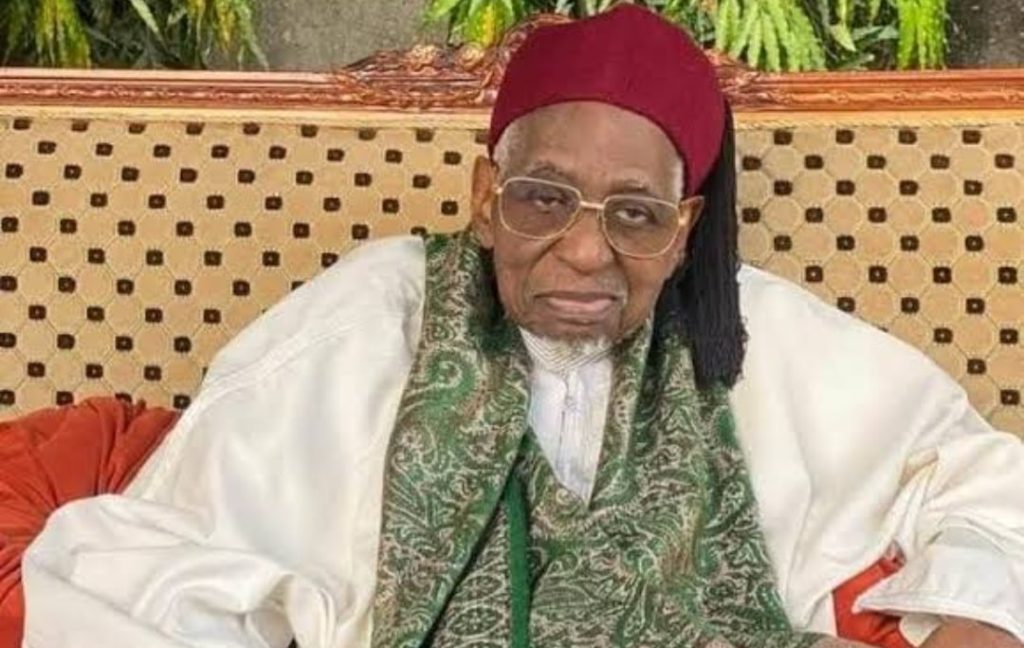The proposed allocation of N55 billion for the maintenance of Nigeria’s presidential fleet in the 2025 Appropriation Bill has drawn significant criticism from opposition parties and citizens alike. Critics describe the expenditure as extravagant and insensitive, given the country’s economic challenges and widespread poverty.
Details of the Presidential Fleet Budget
The budget, submitted to the National Assembly for approval, outlines expenditures for the overhaul of three aircraft engines, fuelling, fumigation, air navigation, cleaning, and other maintenance activities for the presidential fleet. The aviation ministry’s overall budget for 2025 stands at N105.9 billion, with N71.1 billion allocated to the Ministry of Aviation and Aerospace Development and varying amounts for agencies like the Nigerian Meteorological Agency and the Nigerian Airspace Management Agency.
The proposed expenses for the presidential fleet include:
- N8.6 billion for air navigational equipment repair.
- N5.5 billion for an engine overhaul of one aircraft.
- N3.1 billion for overhauling two other engines.
- N1.55 billion for aircraft fuel.
- N1.25 billion for general aircraft maintenance.
- N149 million for security operations and N7.5 million for cleaning and fumigation services.
- N311.1 million for aircraft insurance premiums.
Notably, the insurance costs are likely to be managed by foreign firms, as domestic insurers lack the capacity to cover large aviation risks.
Public and Political Reactions
Opposition Parties
The Peoples Democratic Party (PDP) and the Labour Party (LP) were among the first to voice their discontent. Kamorudeen Ajisafe, the PDP’s South-West chairman, expressed disbelief, questioning whether the presidency was planning to acquire new aircraft. Meanwhile, Labour Party spokesperson Abayomi Arabambi labeled the expenditure as “inhuman and satanic,” emphasizing its disconnect from the realities faced by struggling Nigerians.
Arabambi remarked, “Spending N55 billion on luxury aircraft when millions can barely afford basic necessities is an insult to the masses. This budget reflects a lack of commitment to reducing poverty and inequality.”
Civil Society and Experts
Debo Adeniran, Executive Chairman of the Centre for Anti-Corruption and Open Leadership (CACOL), criticized the administration’s “profligate spending,” stating that such expenditures contradict public expectations of a government committed to fiscal discipline. He urged citizens to demand better governance and called the proposed spending a “national shame.”
Olakunle Aina, an engineer, shared his disappointment, pointing out that more prudent management could reduce these costs significantly. “This level of spending shows a disconnection from the hardships faced by ordinary Nigerians,” Aina said.
Public Sentiments
For everyday Nigerians, the figures are mind-boggling and evoke anger. A trader, Mrs. Aina, expressed her disbelief, stating, “I saved N150,000 over a year to buy a simple necessity. Hearing that N55 billion will be spent on luxury jets is traumatic. It makes me want to curse our leaders.”
Historical Context and Comparisons
From July 2023 to September 2024, N19.43 billion was spent on maintaining and operating the presidential fleet, representing 66% of the 2024 budget allocation for the fleet. Critics argue that such expenditures could be redirected toward pressing national needs, such as healthcare, education, and infrastructure development.
In comparison, the entire aviation ministry’s budget—including allocations for crucial agencies—seems overshadowed by the presidential fleet’s maintenance costs. For instance:
- Nigerian Meteorological Agency: N9.8 billion.
- Nigerian College of Aviation Technology, Zaria: N7.9 billion.
- Nigerian Safety Investigation Bureau: N10 billion.
Calls for Reform
Critics have suggested downsizing the presidential fleet or implementing cost-cutting measures to ensure public funds are better utilized. Advocacy groups propose adopting transparent procurement practices, negotiating better maintenance contracts, and exploring options for shared or outsourced services.
Additionally, civil society organizations are calling for increased public engagement in budget processes to ensure accountability and alignment with citizens’ priorities.
Conclusion
The proposed N55 billion allocation for the presidential fleet has sparked a national conversation about fiscal responsibility and prioritization. As Nigerians grapple with economic hardship, the budget has amplified calls for leaders to demonstrate empathy and make more prudent financial decisions. The upcoming debate in the National Assembly will test lawmakers’ commitment to public accountability and the judicious use of public funds.













